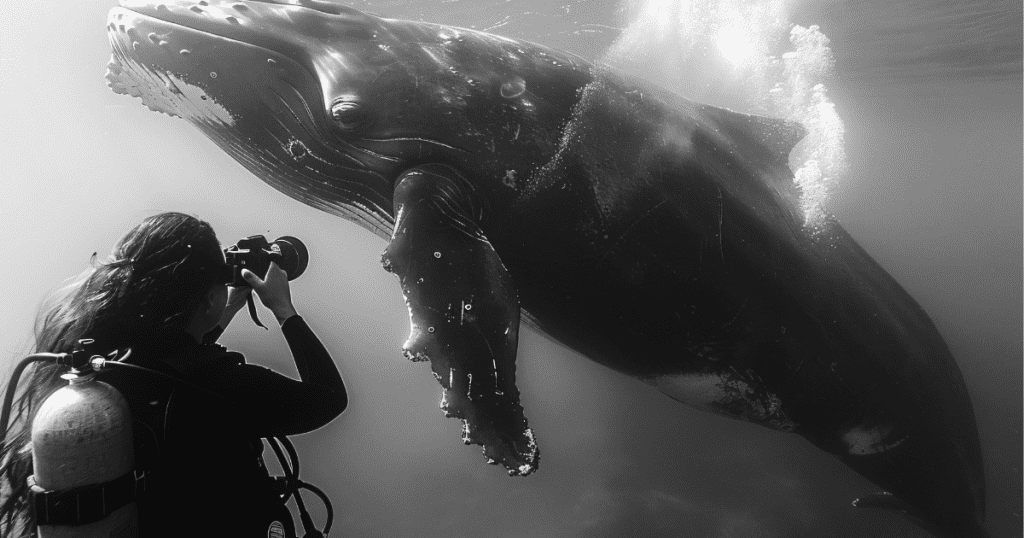Whale Conservation and Human Responsibility
The strange encounter with the giant whale also brought up important ethical questions surrounding human interaction with marine life. While the researchers’ interest in the whale undoubtedly was a testament to the mystique and appeal of these creatures, it also led to a more critical consideration of the role people play when interacting with wildlife. In recent years, the impact of human activity on the oceans has been a growing cause for concern, especially when it comes to whales. From commercial shipping to booming whale-watching industries, human actions directly and indirectly affect the lives of these magnificent creatures.

As researchers were studying the behavior of this whale, they were reminded of the delicate balance between exploration and protection. As marine biologists, they were committed to learning from and understanding the creatures they studied, but they also recognized the need to protect them from unnecessary disturbance. As the research team reflected on the whale’s behavior, they knew that it was only responsible and respectful interaction that would lead both to understanding the creatures themselves and to ensuring their own safety. The encounter was quite an important reminder of a need for regulations governing human relationships with whales, especially when concerned with marine tourism and carrying out research activities. It focused on the importance of advancing responsible practices that do the least disturbance to these animals and their habitats.
Through the years, conservation experts have made efforts in advancing safe and responsible practices in the practice of whale watching and sea research, emphasizing responsible viewing and proper scientific research methods in favor of the animal’s well-being. The bizarre actions of this huge whale provided a testament to why these precautions have to be in place. While human curiosity is natural, it is equally important to remember that whales are living beings with their own needs and behaviors, and we must respect their space and their natural rhythms. As researchers, it is crucial to balance the desire for knowledge with the need to preserve these animals and their environment for future generations.





